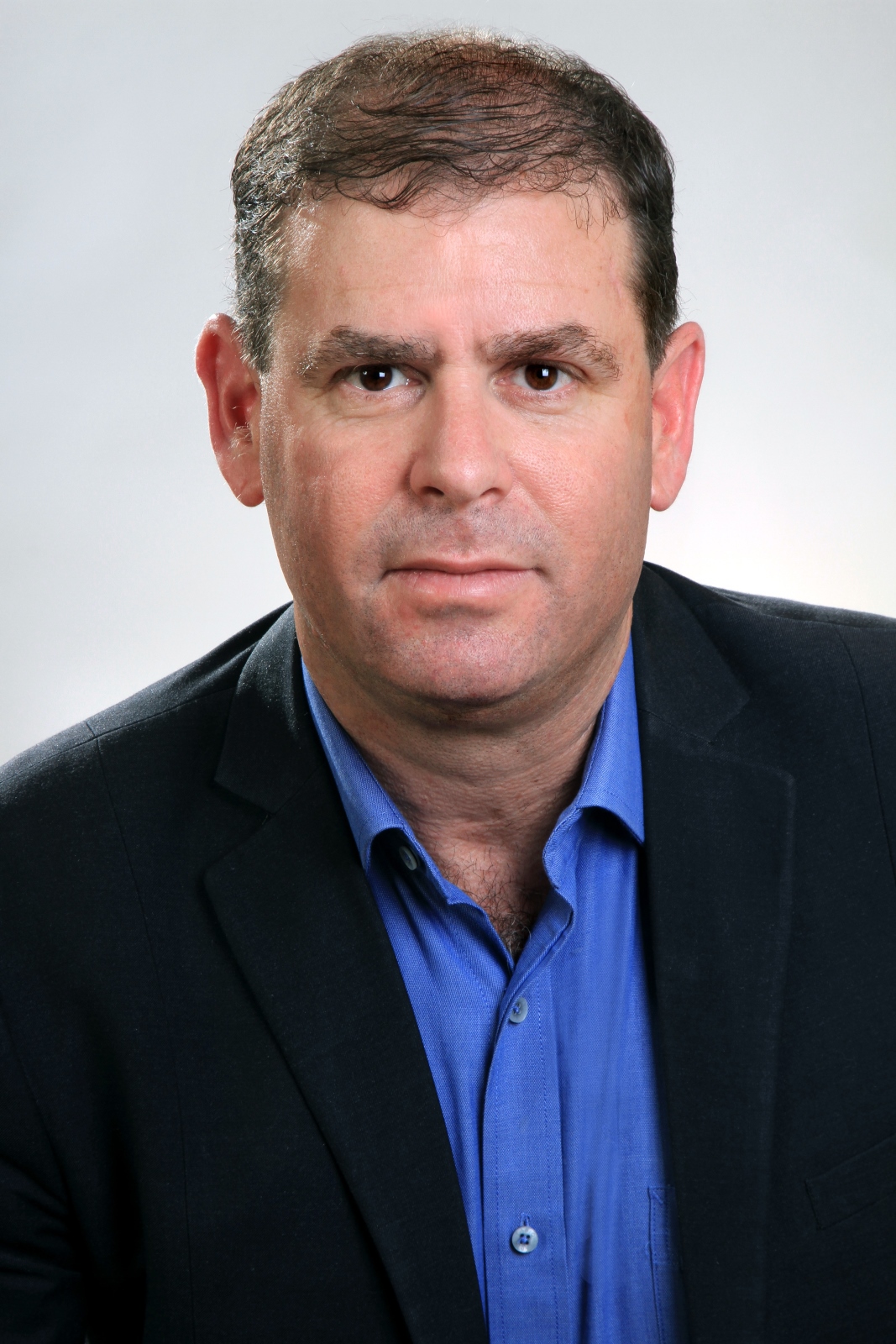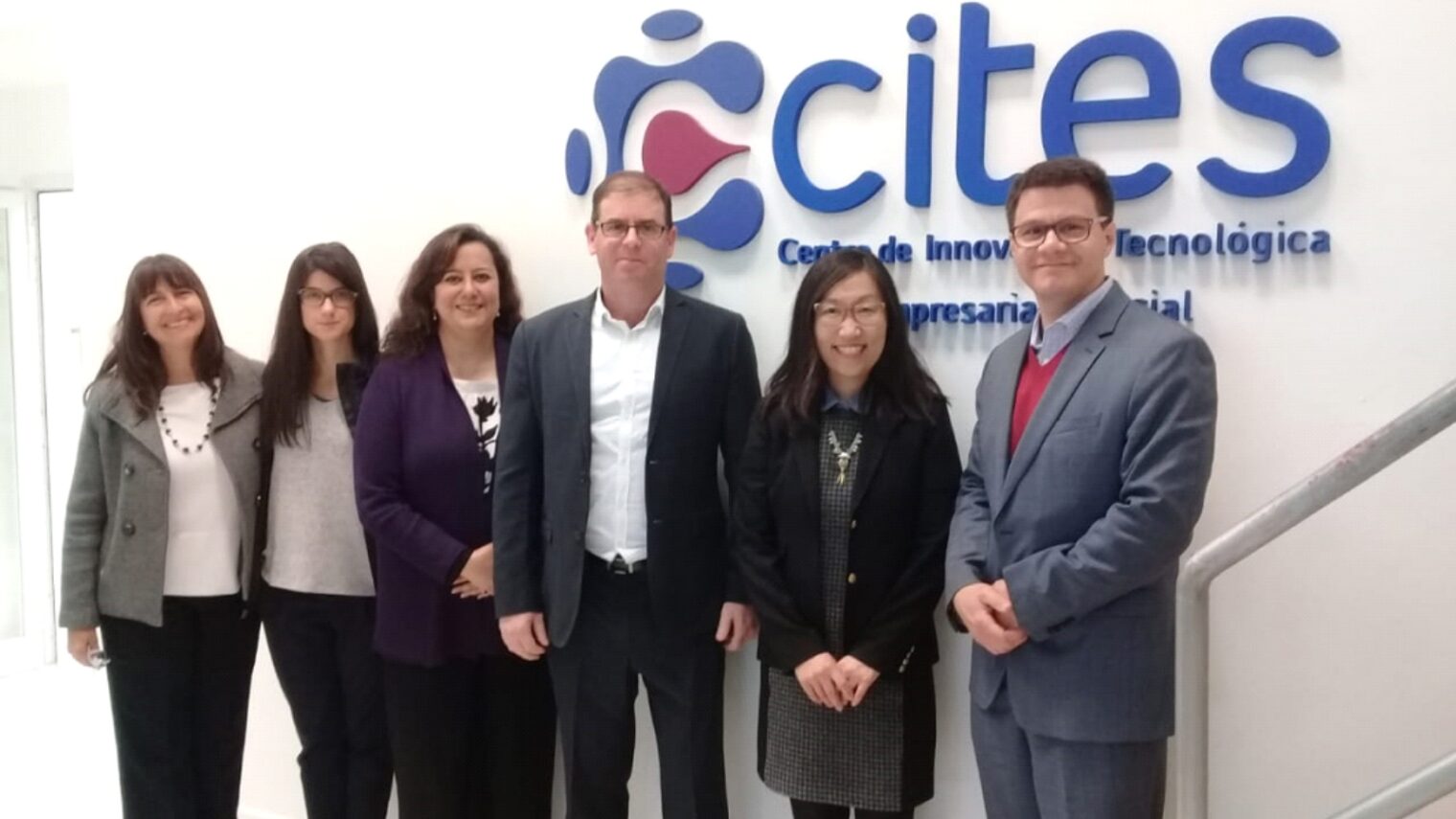Can the Startup Nation model be replicated in other countries? Oren Gershtein is counting on it.
The venture capital veteran and founder of IdealityRoads has already been instrumental in exporting how Israel incentivizes high-tech companies to New Zealand and Argentina – and there are more countries in the pipeline.
Gershtein emphasizes that Israel’s model can’t be duplicated exactly, “but it can be implemented with the right adjustments. It’s all about the principles of PPP – public private partnerships.”
Israeli startups have long benefited from PPP.
First, the Israel Innovation Authority (formerly the Office of the Chief Scientist) makes an investment – that’s the “public” part. Then private investors join.
“There’s no evidence that any tech ecosystem around the world succeeded without public support,” Gershtein tells ISRAEL21c. “The most important thing is that the public sector understands its responsibility in reducing risk for the private sector in the first stage.”
In Israel, that’s included the pioneering Yozma program in which the Israeli government provided 40% of the capital raised by outside investors (the government invested $100 million in Yozma between 1993 and 1998) and the BIRD (Binational Industrial Research and Development) Foundation, which provides grants of up to $1 million to US-Israeli joint ventures.
These days, the Israel Innovation Authority is managing about 40 PPPs.
Gershtein says he has been involved in the launch of more than 75 startups, most through his position as CEO of Van Leer Tech Incubators, one of Israel’s more active tech accelerators, for nearly a decade. He left Van Leer in 2013 to start IdealityRoads.
Innovation in New Zealand
When New Zealand’s Callaghan Innovation Agency approached Gershtein in 2013 about how to jumpstart tech entrepreneurship there, Gershtein guided the Kiwi government to create three incubators that gave grants of NZD 600,000 each to tech companies.
The model was weighted more heavily on the public sector – 75%–with 25% from private investors.
Gershtein’s IdealityRoads actively advised Callaghan for three years. Some 45 startups that Gershtein says “wouldn’t have been created any other way because of the level of risk” have gone on to raise $50 million in private capital.
New Zealand is now taking it to the next level, with four more incubators launching in 2020.
One of those incubators will be run by a consortium including Israeli crowdfunding investor OurCrowd. It will focus on agritech and food-tech with NZD 1 million grants for each company.
… and in Argentina
The same PPP model was used by IdealityRoads to help establish 10 technology incubators and three scientific incubators across Argentina.
For the technology accelerators, the budget is split 50/50 between the state and private investors. For the scientific ones, two-thirds comes from the public sector and one-third from private investors.
In Argentina, the work began in 2017 far from the capital of Buenos Aires – in Santa Fe province (one of 24 provinces in Argentina) – and the program’s driver was initially not the government but Santa Fe-headquartered Grupo Sancor Seguros (GSS), the country’s largest insurance company.
The GSS team and Gershtein’s IdealityRoads began meeting for a week every month or so, to learn “how to build companies to be global from Day One, how to use IP to increase competition, how to create deal flow, how to scale companies and how to raise money,” Gershtein tells ISRAEL21c.
What started in Santa Fe has now spread across the country, with the federal government taking over GSS’s funding role. Some 12 startups have emerged, “from biotech to medical devices to smart agritech based on drones and trucks,” Gershtein notes.
“All because the board of directors of this insurance company had the vision to make a change through innovation.”
Seeing Israeli firsthand

What’s next for Gershtein and the export of the Startup Nation model abroad?
“We’re in contact with countries in the Middle East, with Cyprus and Greece, on exploring opportunities where a knowledge economy could make a huge change,” he says.
In Greece, IdealityRoadsis advising the Patras Science Park, a business incubator that launched a “Proof of Concept” program to transfer research from Greek academia to the marketplace. The program has a budget of €50,000 each for up to 10 projects per year.
For every country where Gershtein consults, trips to Israel are a mandatory component.
“We bring them here to see the country firsthand,” he explains. “It’s one thing to describe what entrepreneurship in Israel looks like or to have them read the book Start-Up Nation. It’s another having them talk to a young CEO who raised millions and followed a strategy to conquer half of the world.”
One element that’s always a surprise for budding overseas entrepreneurs: Israelis’ ability to embrace failure.
“It comes to us very naturally,” Gershtein says. “In other cultures, it doesn’t make any sense. So, it’s important to show that not everything is bright. That there are challenges, but for Israelis, if you fail down the road, then you just do the next thing in your field of expertise.”
For more information, click here

















